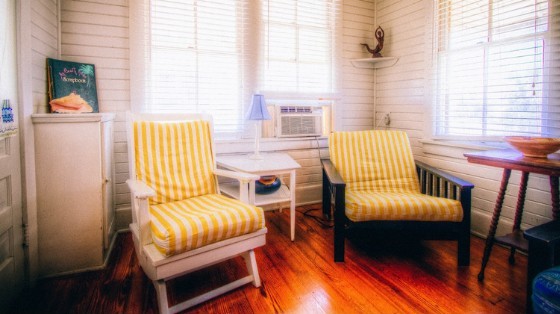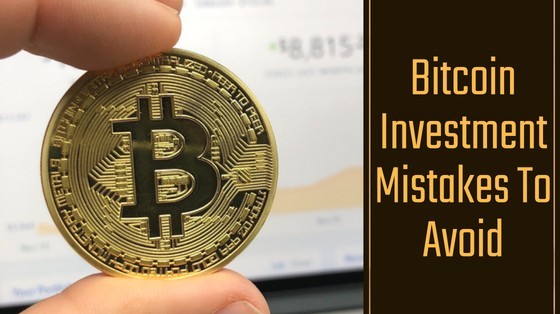How Real Estate Investing Can Boost Your Income
How Real Estate Investing Can Boost Your Income When you opt for real estate investing, the idea is to put your money to work now so that you have consistent income in the future. The return or profit you make on investments should be enough to cover the risk you are taking, and the taxes […]
How Real Estate Investing Can Boost Your Income Read More »










